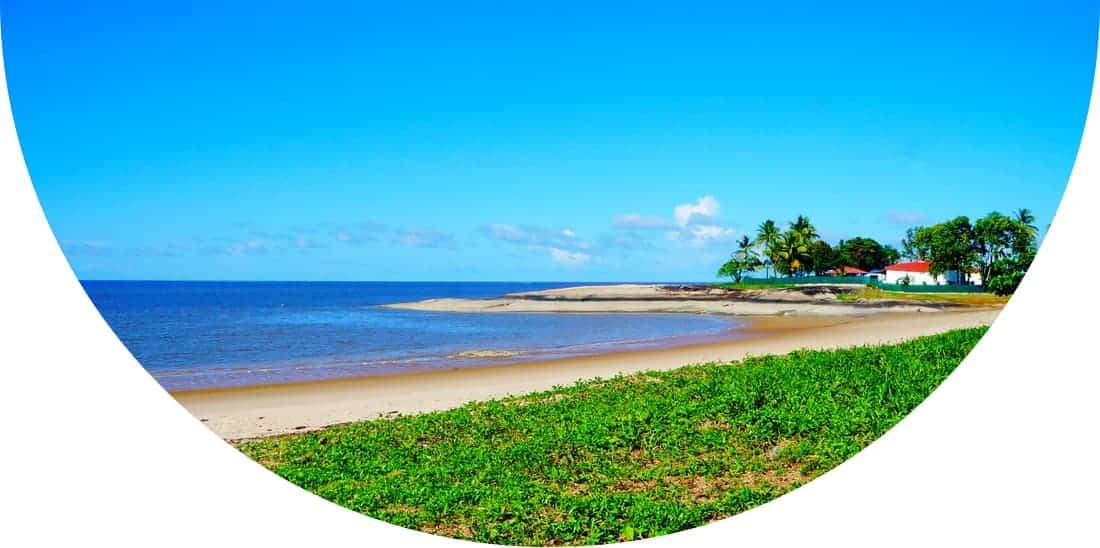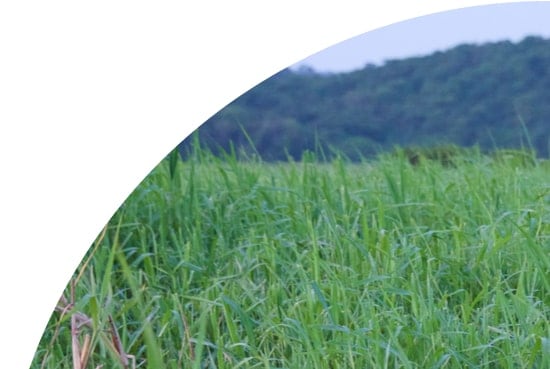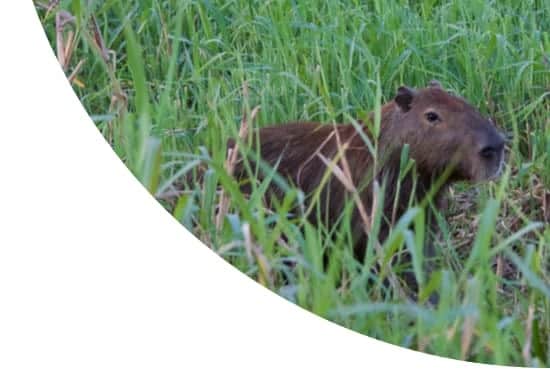West Nile virus (WNV) is spread by mosquitoes in many countries. There are usually no symptoms, although some people develop mild flu-like symptoms, nausea and skin rash. The virus is not contagious and should get better without any treatment.


Travel Vaccinations for French Guiana
Recommended Vaccines for French Guiana
The level of protection needed depends on your medical history and travel itinerary. Book now to get a personalised recommendation from our specialist travel nurses. The consultation costs £20 plus any vaccines you decide to take.
Vaccines Advised To Some French Guiana Visitors
Flexible appointments with no upfront payment
Book Now
Destination Information for French Guiana
French Guiana, on the Northeast of South America, is an overseas region of France that was first settled in by the French in 1604. It is the only part of mainland South America that is still governed by an overseas country. The landscape of French Guiana is mainly tropical rainforest, separated from neighbouring Brazil and Suriname by the rivers of Oyapock to the East and Maroni to the West. The capital city is Cayenne, which is home to the ruins of the 17th-century Fort Cépérou. Cayenne is a pretty city of colourful houses and street markets, with a plethora of excellent restaurants serving a variety of delicious cuisines.
One of the most famous sites in French Guiana is the notorious penal camp for political prisoners, Devil’s Island, the horrors of which were recreated in Henri Charriere’s book, Papillon. Today, visitors can take a tour of the ruins on the Iles du Salut. Along the coast from the capital is Kourou, the launch site for the European Space Programme.
Most of French Guiana’s towns and settlements are along the coast, with jungle and rainforest further inland. There is plenty of wildlife to see here for visitors interested in the natural attractions of the country, including laying sea turtles on the beach at Remire-Montjoly, as well as colourful parrots and monkeys.
As a French region, the currency of French Guiana is the Euro and prices are similar to those you may find in Europe, so this is not a budget destination! Urban areas have plenty of hotels available, or for an authentic experience, rent a basic hut by the river and explore the country from your rainforest base.
Infections and Outbreaks frequently change from country to country and by attending our clinics you will be given the most up to date clinical and safety advice from our team of specialists. Our advice to you often includes aspects such as:
Additional Health Risks Information for French Guiana
As with any country, you should take sensible precautions regarding your personal safety when you’re visiting French Guiana. Avoid going to isolated areas after dark, and don’t openly carry valuables or large amounts of cash. The crime levels here are not high, although it does occur.
French Guiana is affected by the Zika virus, which can cause birth defects. Women who are pregnant or planning to become pregnant should not travel to French Guiana. You should take steps to avoid being bitten by mosquitos, as many of the non-vaccinated diseases are contracted in this way. Wear clothing which covers as much of your body as possible, use a repellent cream or spray, and sleep with a net over you if there is a risk of insects in your sleeping area. To avoid food poisoning or other nasty travel illnesses, drink only bottled water, and be vigilant about food hygiene. Medical care in French Guiana is limited, with no services outside of urban areas.
During the rainy season between December and July there may be a risk of hurricanes or tropical storms causing flooding. Always check the weather conditions before heading out, wear suitable clothing and know how to summon help if necessary.



